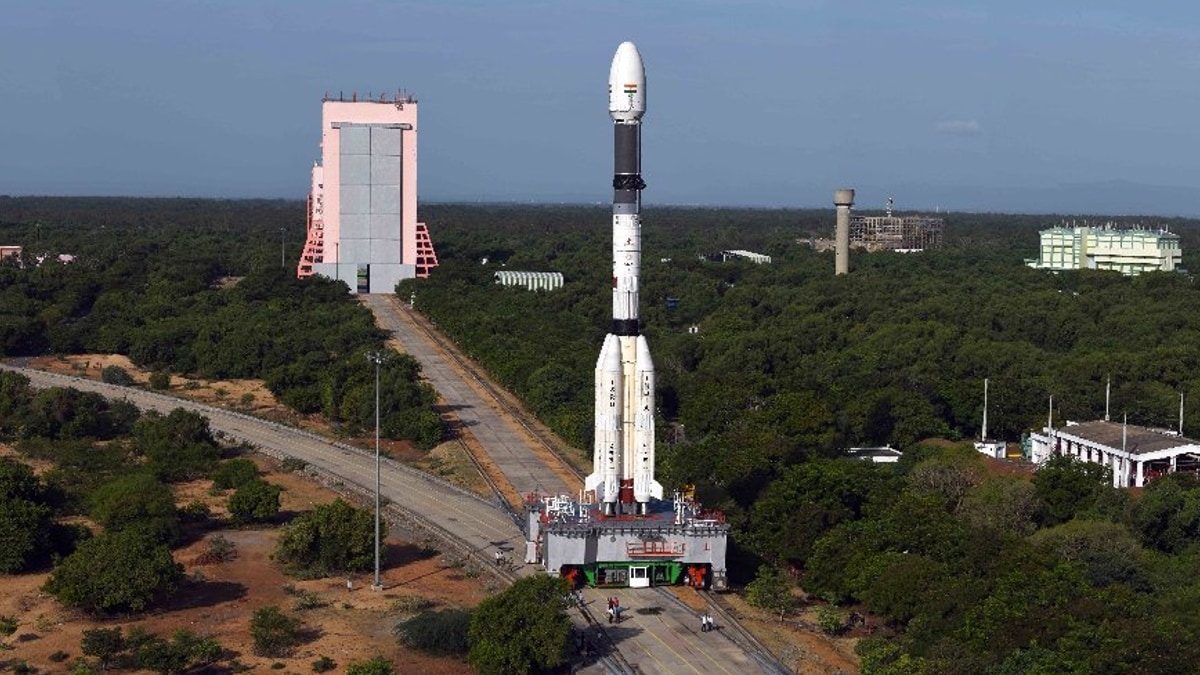As India eyes setting up its own space station by 2035, the Indian Space Research Organisation (ISRO) has proposed to the industry to collaborate with it in developing a reusable rocket capable of carrying heavier payloads into orbit.
Dubbed as the Next-Generation Launch Vehicle (NGLV), ISRO Chairman S Somanath said the space agency was working on the design of the rocket and would like the industry to collaborate with it in the development.
“The intent is to bring industry along in the development process. All the money need not be invested by us. We want the industry to invest to create this rocket for all of us,” Somanath told PTI here.
He said the rocket is planned to carry a 10 tonne payload in the Geostationary Transfer Orbit (GTO) or 20 tonnes to the low earth orbit.
Another ISRO official said the new rocket would be helpful as India plans to have its own space station by 2035 and was also eyeing deep space missions, human space flights, cargo missions and putting multiple communication satellites into orbit at the same time.
The NGLV is envisioned as a simple, robust machine designed for bulk manufacturing that will make space transportation more cost effective.
Somanath said the Polar Satellite Launch Vehicle (PSLV), ISRO’s warhorse rocket, was based on the technology developed in the 1980’s and cannot be used to launch rockets in the future.
ISRO plans to have the design of the NGLV ready within a year and offer it to the industry for production, with the first launch tentatively scheduled for 2030.
The NGLV could be a three-stage rocket powered by green fuel combinations such as methane and liquid oxygen or kerosene and liquid oxygen.
According to a presentation made by Somanath at a conference earlier this month, the NGLV could offer launch costs of $1900 (roughly Rs. 1,56,600) per kg of payload in the reusable form and $3,000 (roughly Rs. 2,47,200) per kg in the expendable format.
India’s space economy was pegged at $9.6 billion (roughly Rs. 79,100 crore) in 2020 and is expected to touch $12.8 billion (roughly Rs. 1,05,500 crore) by 2025, according to the ISpA-E&Y report titled ‘Developing the Space Ecosystem in India: Focusing on Inclusive Growth’.
In dollar terms, the satellite services and applications segment would be the largest with a turnover of $4.6 billion (roughly Rs. 37,900 crore) by 2025, followed by ground segment at $4 billion (roughly Rs. 32,900 crore), satellite manufacturing at $3.2 billion (roughly Rs. 26,375 crore) and launch services at $1 billion (roughly Rs. 8,242 crore).
India’s share in the launch services segment was pegged at $600 million (roughly Rs. 4,945 crore) in 2020 and is projected to grow at a compound annual growth rate of 13 percent to reach $1 billion by 2025, the report said.
